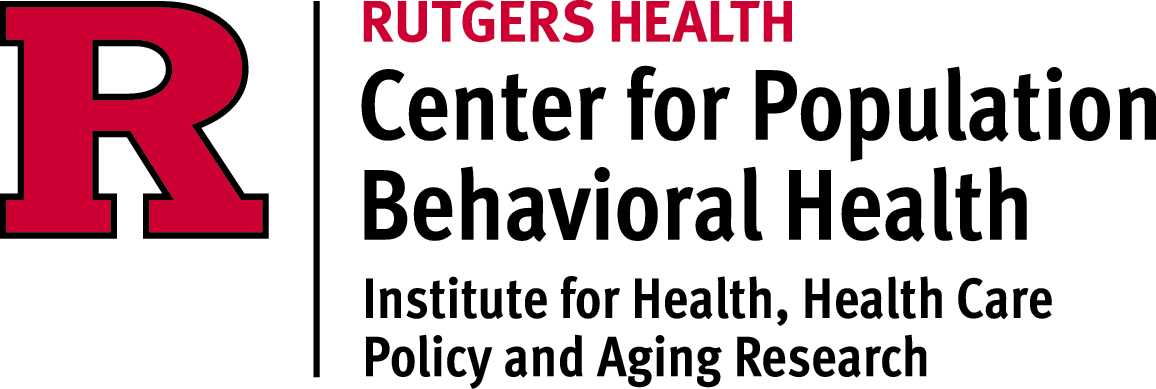

Dr. Ashley Grosso, core faculty member at the Center for Population Behavioral Health and assistant professor in the Department of Urban-Global Public Health, recently published new research.
The article, “Sexually Transmitted Infection Risks and Symptoms Heightened Among Female Sex Workers who Started Selling Sex Before the Age of 18 in Five Cities in Cameroon,” was published in AIDS and Behavior in October 2023.
Abstract:
Many adolescents under 18 years old who sell sex are at elevated risk for sexually transmitted infection (STI) acquisition, which may persist into adulthood. There has been limited study of the burden of the risks and vulnerabilities among women who started selling sex as adolescents across Sub-Saharan Africa. In this study, a Adult female sex workers (FSW) recruited through respondent-driven sampling in five cities in Cameroon from December 2015 to October 2016 completed a questionnaire and human immunodeficiency virus (HIV) and syphilis testing. Multivariable logistic regression analysis controlling for age was used to identify factors associated with reporting selling sex before age 18. Selling sex before age 18 was reported by 11.5% (256/2,220) of FSW. Initiation of selling sex as an adolescent was positively associated with experiencing dysuria (adjusted odds ratio [aOR]:1.50, 95% confidence interval [CI]:1.08–2.10) or genital warts (aOR:1.78, 95% CI:1.08–2.94) and negatively associated with prior recent testing for HIV (aOR:0.71, 95% CI:0.53–0.96) or STIs (aOR:0.65, 95% CI:0.44–0.96). Consistent condom use with clients was negatively associated with early initiation of selling sex (aOR:0.58, 95% CI:0.42–0.80), while experience of recent sexual violence was positively associated with early initiation (aOR:1.74, 95% CI:1.15–2.63). There were no independent significant differences in HIV (24.5%) or syphilis (8.3%) prevalence. Given the limited use of HIV and STI testing services by women who sold sex as adolescents, the prevalence of forced sex, condomless sex, and STI symptoms were high. Programs serving FSW should more vigorously aim to serve adolescents and adults who began selling sex early.